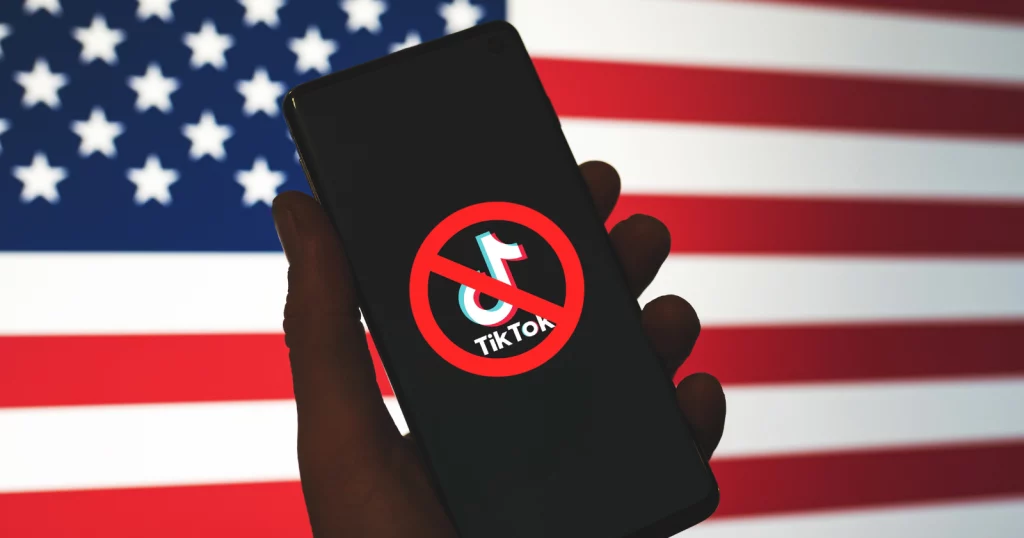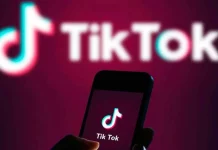In quite another landmark decision, US district judge Donald Molloy halted Montana’s unique ban on TikTok, the popular short-video sharing app, citing a breach of free speech rights. This move, coming into effect on January 1, marks a significant moment in the ongoing tussle between individual freedoms and national security concerns.
TikTok has been under fire recently by the US officials
TikTok, a platform owned by China‘s ByteDance, has been under scrutiny for its alleged data privacy issues. Critics, including the Montana state legislature, argue that the app could potentially enable Chinese espionage by misusing the personal data of its American users. However, TikTok firmly denies these allegations, assuring that user data is secure and not shared with the Chinese government.

Judge Molloy’s decision reflects a crucial aspect of American values: the protection of free speech. By blocking the ban, he underscores the importance of individual rights in the digital age. The judge’s skepticism about Montana’s lone stance in banning TikTok further points to a need for uniformity in handling tech-related security issues at a national level.
Interestingly, this isn’t TikTok’s first rodeo with legal challenges in the US. The Trump administration’s 2020 attempt to ban new downloads of the app was met with similar judicial pushbacks. These events highlight a broader debate: how can nations safeguard their security without impinging on the freedoms of digital expression?
As global digital platforms like TikTok become ingrained in daily life, balancing user rights with national security becomes more complex. Montana’s case exemplifies this struggle, bringing to the fore the challenge of navigating the thin line between ensuring privacy and upholding freedom of expression.
RELATED:
- TikTok Addresses Misleading & Violent Content from Israel-Hamas Conflict
- Alibaba.com is Attracting Merchants Affected by Regulations on TikTok ECommerce
- Vivo iQOO 12 Pro: Save $100 on the flagship gaming phone
- Best iPhone 15 Pro cases for 2023: Dbrand, Spigen, RhinoShield & More
(Via)






